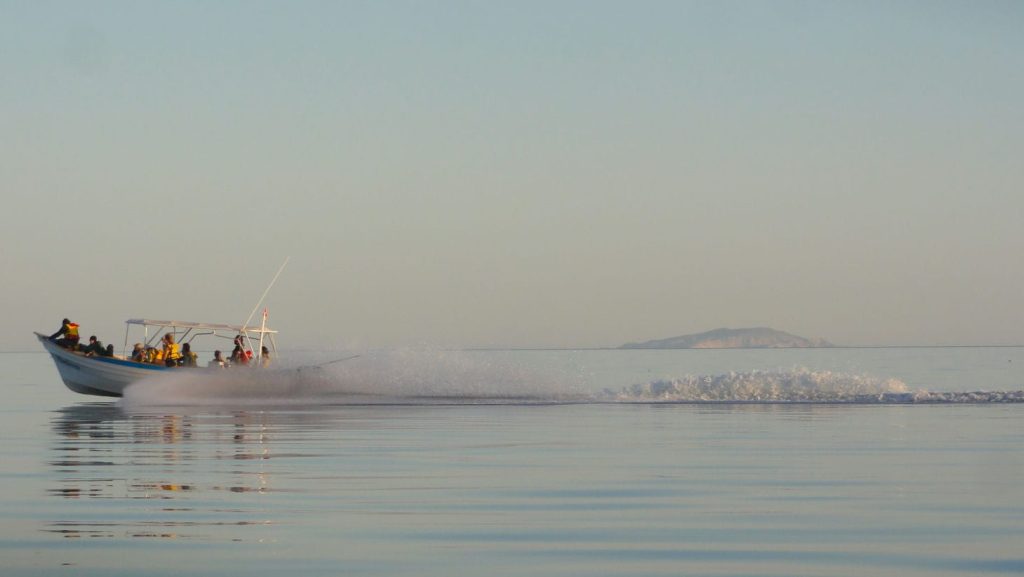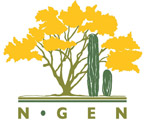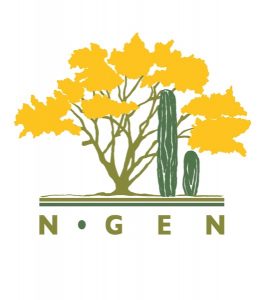
Title: Role of a boundary organization network for the Sonoran Desert region
Convenor: Adrian Munguia-Vega
Session theme: We discussed the importance of boundary organizations that work across traditional boundaries between academy, government, NGOs and communities of users of natural resources to promote the use of the best scientific information to provide neutral and balanced expert opinions that go beyond any single sector or organization.
Session discussion:
We discussed the main activities that characterize a boundary organization (Inclusiveness, accountability to each sector and the crafting of boundary objects) and considered some of the benefits of the boundary work, including efficiency, and building of trust and consensus among sectors around spiny issues. We identified some missing sectors that should also be considered and labeled them “private interest” “common pool resources” and “traditional knowledge”. We recognized each sector has its own dynamics, limitations and incentives, and that some like government are more constrained than others, but that even when each sector has its own mission and activities their goals partially overlap and this could lead to shared actions towards the use of science in policy. We identified the lack of incentives for collaboration between sectors and recognizing each others needs from the beginning as two key aspects of the boundary work. We agreed that science plays a key role in that it helps to objectively describe the natural world and how it functions beyond personal interests or perceptions, and that scientists need actual training into existing environmental laws and help to develop their communications skills with non-scientists. We also recognized that science could be politicized, but that scientific tools like peer review could help to avoid that.
Action items:
-An N-Gen workshop in 2016 that could help to connect science and policy through better communication
-Identify boundary objects that are needed in the region around various controversial issues (e.g. mining) and what is needed to produce them.
Session detailed notes:
- Boundary organizations have three main characteristics:
- 1) Is inclusive and work with each of these sectors. Not necessarily at the same moment but is connected to all.
- 2) Is accountable to each stake holder/sector as well. They play a role as facilitators and translators, and have unique people that can move between sectors and that know the language and interest of each sector.
- 3) They help to create boundary objects. For example a map, report, meeting. The boundary object is co-produced among sectors from the beginning to the end, while building consensus through the process and where all concerns are heard and mediated (e.g. A protocol to construct megadevelopments). Instead of fight a thousand battles have a protocol people agree upon. These boundary objects help create consensus in key issues.
- Key people in each sector are needed to transmit this boundary object to their partners and go into the communities or smaller networks.
- Boundary organizations can help to identify emerging issues that need scientific assessment. Instead of three different groups working in their own, have one multidisciplinary and well-organized group that has a single approach and avoids the waste of resources, effort, and which results all trusts.
- Boundary organizations create a place to have consensus on polarized issues. Begin to build the middle ground.
- The government, academy, NGO and user categories are too large, and is missing the “The Nation or the common pool resources” that create a struggle between private and common interests.
- Maybe sectors missing in the list could be labeled as “Common pool resources” and “Private interests”
- Who tells the “Nation” what there is and what they will/should use?. The government is people’s employee and not the owner of the resources.
- Common pool resources entail many complex things, like the landscape.
- Each sector should look better at conserving the common pool. Where or who is the voice of the common pool?
- In US this is called the Public Trust. The agency manages a resource for the Public Trust. It is the law. To steward.
- Why use science to help manage common pool resources? These answers are what we need to sell as scientists.
- Need to separate science and traditional knowledge. Not necessarily “scientific” knowledge. Other less formal are as valid and in the “Scientific” sector as well. This is the goal of environmental education. Even if people are not scientists they have an understanding of the ecosystems and the role of natural world in their life. They are stewards for their understanding. Environmental education strives to increase this understanding and traditional knowledge, and is part of usership.
- In the US these overlaps among sectors are used by the Joint Ventures, and started with “Partners in flight” where ornithologists opened to these joint ventures because birds get to cross borders during migrations. Some joint ventures are open to more than birds.
- Each sector has its own perception of time and operation, limitations, and its own different incentives for their work.
- Government has to follow established laws and rules, thus is much more constrained than other sectors.
- The dialogue, planning and collaboration among sectors (e.g. government, universities and NGOs) is perceived as uncommon.
- Government needs tools/overviews of research done.
- There is a lack of common goals for everybody. Every one goes for their own mission, but in practice their goals do overlap and this could lead to shared actions.
- Commonly users of natural resources do not have access to the scientific information. The users are often left behind when Government, scientists and NGOs are supposed to attend to the users, but the users are not being factored into the equation. Need to look for a way to have users and science together. Citizen science projects could be one solution to help break down “scientists’ ivory tower”
- Many individuals that currently perform boundary roles do so largely from their own time and pocket, and there are no incentives for collaboration between sectors.
- Government wants baseline (e.g. biodiversity) and predictive data, but research that meets government needs is hard to fund.
- If you are the user that wants good science to guide management then this is a really heavy bill that really does not have a supporter.
- When talking about government in Mexico there are two very different sectors: “Legislativo” and “Ejecutivo”, and they speak different languages. A powerful tool is to be aware of existing laws that make the government oblige to have public participation.
- Science is not necessarily embedded into the other sectors’ agendas.
- For scientists to cross the line into action they need to learn more about laws. This is a huge opportunity.
- Scientists also need better tools for communicating and selling their science to others.
- For example, Islands and the Gulf of California are UNESCO world heritage sites, biosphere reserves, RAMSAR sites where Mexico has an international commitment to prove doing well, and scientists in a boundary organization could help to produce this scientific information for government.
- Governments have promoted individualism and usually are organized to have one point of view. Scientists have some sort of collaborations. NGOS compete more for funds but do collaborate to an end. But users have very different goals. Need something that can help decrease the gaps between sectors so users can have a voice or know they have a voice.
- The issues with users are not just to have a common language but much more basic issues/elements to have them sit at the same table.
- The academic community has been recognized as neutral sector. Speak for truth about how to objectively describe the natural world and how it functions, not based in interests or perceptions (ideally). This is a unique role among sectors since many times there are only one-sided opinions that encourage radicalization of discussions and left the general public wandering and wondering what the facts are.
- The role of science in policy as to last between political administrations and be placed at a level in government that is resilient to the changes.
- Science has to be neutral. But once results are in hand is it appropriate to take a stand? Is this the role of the NGOs or the scientists?
- When paper does not speak for itself. Where does the scientists role as a translator run into “activism”?
- In science to avoid the politization of science is the peer review process.
- Boundary organizations encourage and facilitate the peer review process.
- The core staff of a boundary organization gets paid but the peer review and the other aspects are volunteer.
- There are many examples of how boundary organizations can go wrong (interest, trust, where money comes from, etc.).
- What science says now and what that means, conservation wise, may change in years to come (e.g. Bufflegrass was once hailed and now despised).
- Many fear losing credibility as a scientist when lobbying for results.


